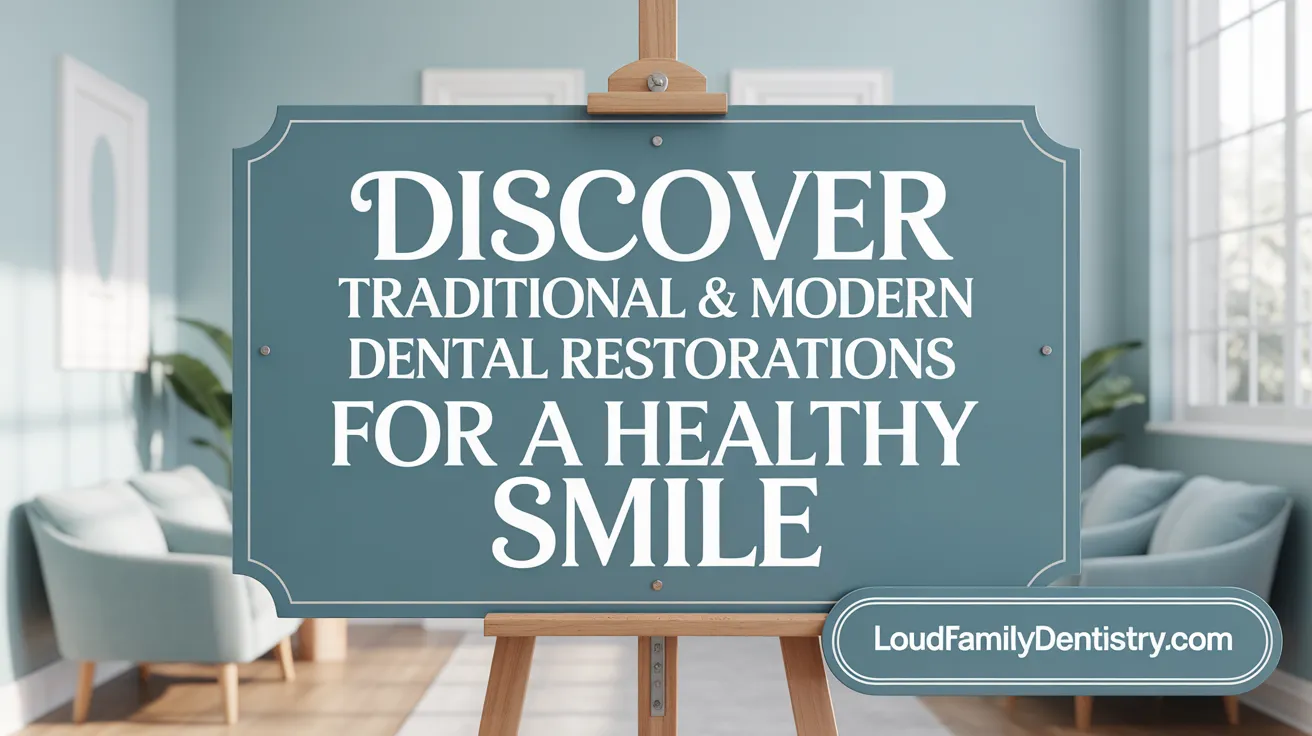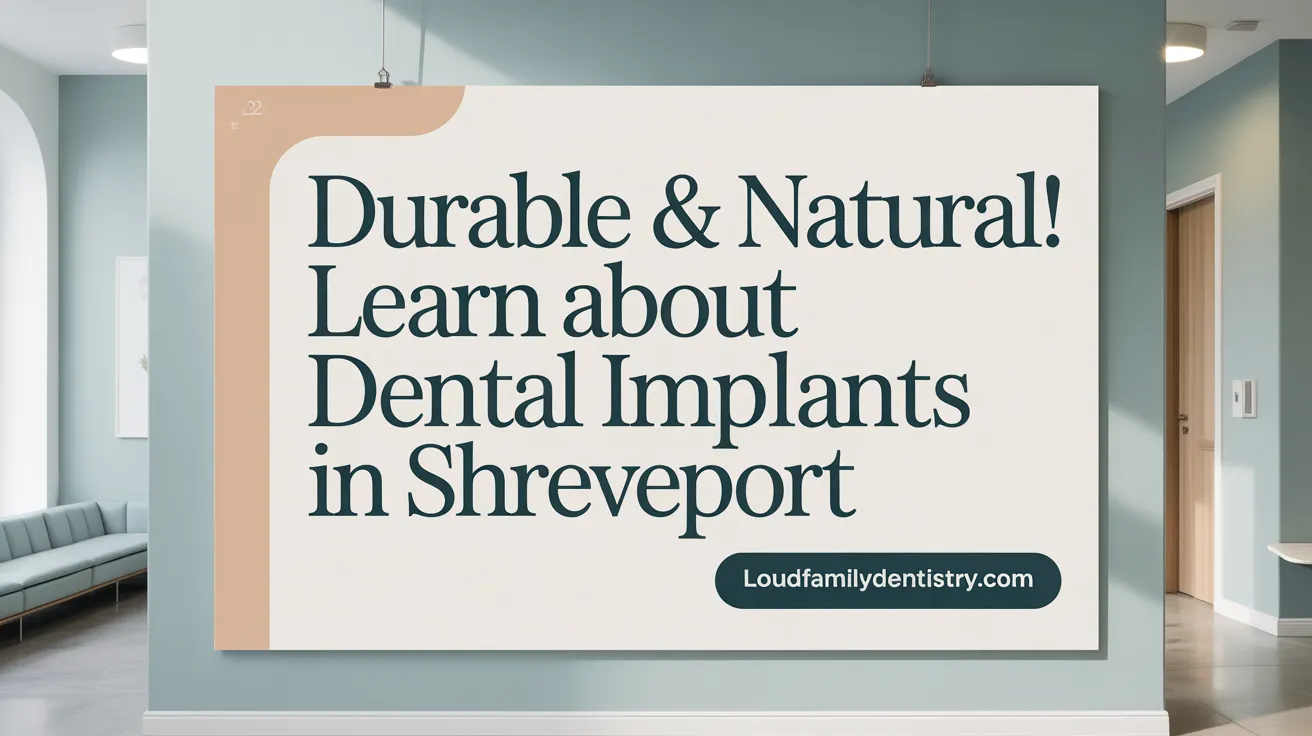Understanding the Importance of Replacing Missing Teeth
Impact of Missing Teeth on Oral Health and Confidence
Missing teeth can significantly affect your oral health and self-esteem. Without replacement, the empty spaces allow neighboring teeth to shift, causing misalignment and bite issues. Over time, the jawbone beneath the missing tooth can deteriorate, since teeth stimulate bone health. This bone loss can change the shape of your face and create further dental problems.
The absence of teeth also makes chewing and speaking more difficult, impacting daily life and nutrition. Many people experience reduced confidence and social discomfort when missing teeth affect the appearance of their smile.
Common Causes of Tooth Loss
Tooth loss primarily results from gum disease and tooth decay. Gum disease, including gingivitis and periodontitis, damages the gums and supporting bone structures, leading to tooth loosening and eventual loss. Tooth decay damages the tooth’s hard material and can infect the inner pulp, necessitating extraction in severe cases.
Other causes include trauma from injuries or accidents and genetics that may predispose individuals to early tooth loss.
Necessity and Benefits of Dental Restoration
Restoring missing teeth is essential to maintain oral function, appearance, and overall health. Dental restoration options like implants, bridges, and dentures prevent neighboring teeth from shifting and help preserve jawbone health. They also improve chewing ability, speech, and boost self-confidence by restoring a natural-looking smile.
Seeking timely dental care can prevent further complications and maintain your smile's health for years to come.
Dental Restoration Options: From Traditional to Advanced Solutions

What Are Common Dental Restorations?
Dental restorations repair or replace teeth affected by decay, damage, or loss. Common options include:
- Fillings: Used to fill cavities, typically tooth-colored composite fillings blends naturally with teeth.
- Crowns: Caps for damaged teeth that restore structure and function (Dental crowns function).
- Bridges: Replace missing teeth by anchoring to adjacent crowned teeth (Dental bridges).
- Dentures: Removable replacements, either partial or full, for missing teeth (Removable partial dentures.
- Implants: Titanium posts surgically placed in the jawbone with crowns attached, offering durable, natural replacements (Single-tooth implants.
What Are the Advantages and Disadvantages of Each Option?
- Fillings are minimally invasive but limited to cavity repair (Dental sealants).
- Crowns restore strength but require removing some tooth structure (Dental crowns function.
- Bridges are fixed and restore aesthetics but require healthy adjacent teeth to be shaped, which might not be ideal (Dental bridges for missing teeth).
- Dentures are cost-effective and non-invasive but can shift and feel less stable (Removable partial dentures.
- Implants offer the most natural feel and help prevent bone loss but involve surgery and higher upfront cost (Dental implants options.
What Are Innovative Procedures Like the All-on-4 Hybrid Implant System?
The All-on-4 hybrid implant system technique uses 4 to 6 implants to support a full arch prosthesis, creating a fixed, durable, and natural-looking replacement for complete tooth loss. It offers faster treatment times and improved stability compared to traditional dentures, enhancing comfort and function.
What Considerations Are There for Dental Bridges and Implants?
Bridges involve permanently reshaping adjacent teeth, which could compromise healthy teeth. They typically last 5 to 15 years with proper care (Care for dental bridges. Implant placement requires sufficient bone volume; sometimes bone grafting for implants is needed to support the implant. Healing and osseointegration can take 3 to 5 months, after which restoration crowns are placed. Implants preserve jawbone health and don’t affect neighboring teeth, making them favorable for long-term oral health (How dental implants work.
What Types of Dental Services Does Loud Family Dental Provide?
Loud Family Dental Shreveport offers comprehensive dental care, including preventive services such as cleanings and fluoride treatments. They provide restorative procedures like fillings, crowns, bridges, and dental implants. Cosmetic dentistry treatments including teeth whitening and veneers are also available. The practice prioritizes comfort and emergency dental care, making it a full-service option for patients seeking dental restoration options Shreveport or urgent care in a family-friendly setting.
Dental Implants: A Durable and Natural-Looking Solution

What Are the Components and Process of Dental Implants?
Dental implants are a modern tooth replacement option consisting of three main parts: a titanium screw that serves as the root, an abutment that connects the screw to the crown, and the crown itself which completes the visible tooth. The implant screw is surgically placed into the jawbone, offering a sturdy foundation for the new tooth. At Monfredi Family Dental and other clinics in Shreveport, LA, the implants may sometimes be placed immediately after tooth extraction if bone quality allows.
How Long Is the Healing Time and Is Bone Grafting Sometimes Needed?
After implant placement, a healing period of about 4 to 5 months is typical to allow the titanium post to integrate properly with the jawbone, a process called osseointegration. When the bone volume or quality is insufficient, bone grafting for implants procedures are performed to augment the jawbone. This supports the implant’s stability and longevity.
What Are the Benefits of Implants Compared to Other Restorations?
Unlike dental bridges, which require modifying adjacent healthy teeth for support, implants do not impact neighboring teeth. Implants restore both the tooth and the root, providing superior strength and function. They also tend to last longer, often over 15 years with proper care, making them a durable solution. Their natural look and feel help improve confidence in appearance and chewing ability.
How Do Implant-Supported Dentures and the All-on-4 Technique Work?
Implant-assisted overdentures are removable dentures anchored to 2-4 implants, offering better stability and comfort compared to traditional dentures. The All-on-4 hybrid implant system involves placing 4-6 implants to support a full arch prosthesis. This hybrid fixed implant system provides a permanent, natural-looking, and fully functional set of teeth, widely available in Shreveport dental practices.
Why Are Implants Important for Jawbone Health?
Implants play a crucial role in preserving jawbone density because they replace the tooth root that stimulates bone maintenance. When teeth are missing, jawbone resorption or loss can occur, leading to changes in facial structure and oral function. By integrating with the bone, implants help prevent this deterioration, maintaining oral health and smile aesthetics as explained in Missing Teeth Overview.
The Role of Removable Dentures and Bridges in Tooth Replacement

What Are the Differences Between Partial and Full Dentures?
Removable dentures are common tooth replacement options for people missing several or all teeth. Partial dentures replace some missing teeth and fit alongside your remaining natural teeth, while full dentures replace an entire arch of teeth when all natural teeth are gone. Partial dentures attach to natural teeth using metal clasps or more flexible materials like Valplast partials, whereas full dentures rest entirely on the gums.
What Are the Advantages and Limitations of Removable Dentures?
Removable dentures are cost-effective and do not require modification of adjacent teeth, making them a conservative option. However, they may slide or shift during talking or eating and can sometimes look less natural. They also do not stimulate the jawbone, which can lead to bone loss over time. Removable overdentures, which attach to two to four implants, offer greater stability and improved function compared to traditional dentures.
What Are the Types of Dental Bridges and Their Appropriate Use?
There are several types of dental bridges including traditional, cantilever, Maryland (resin-bonded), and implant-supported bridges. Traditional bridges require crowning adjacent healthy teeth and work best when there are strong teeth on both sides of the missing tooth gap. Cantilever bridges anchor on one side and are used when only one adjacent tooth is available. Maryland bridges use metal or porcelain wings bonded to neighboring teeth primarily for front teeth. Implant-supported bridges are attached to dental implants providing a durable, natural-feeling option.
How Do Removable Dentures and Bridges Impact Adjacent Healthy Teeth?
Removable dentures are generally gentle on neighboring teeth as they do not require alterations. In contrast, traditional bridges necessitate shaving down adjacent healthy teeth to support the crowns, which may weaken these teeth or increase the risk of decay. This modification is an important consideration when the supporting teeth are healthy.
What About Stability and Aesthetic Considerations?
Removable dentures can sometimes feel bulky or loose, affecting speech and confidence. Using implant-assisted overdentures can enhance stability. Bridges offer a more natural look and feel because they are fixed and do not move during use. However, the health and condition of adjacent teeth must be considered to ensure longevity and aesthetic harmony.
The choice between removable partial dentures and dental bridges depends on individual oral health, bone support, and patient preferences. Consulting with a dental professional ensures the best tailored approach to restoring your smile with options that balance function, stability, and appearance.
Loud Family Dental’s Patient-Centered Approach to Comfort and Care
Who can receive dental care at Loud Family Dental?
Loud Family Dental welcomes patients of all ages, from children to seniors, delivering care in a warm, family-friendly environment. Their team is specially trained to not only provide routine dental services but also to screen for related health conditions like sleep apnea. By collaborating with medical providers, they offer screenings and suggest oral appliance therapy for mild to moderate obstructive sleep apnea. This broad, compassionate approach ensures the community receives personalized care that supports overall health. Learn more about Loud Family Dental Shreveport.
How does Loud Family Dental ensure patient comfort during dental treatments?
The clinic prioritizes patient comfort by creating a relaxing, welcoming atmosphere from the first visit. They use advanced pain management techniques such as local anesthesia and sedation to minimize any discomfort. Care plans are customized to address each patient's unique needs and concerns, with friendly staff ensuring a stress-free experience. This dedicated focus on comfort helps make dental visits positive and approachable for everyone. For more information on patient comfort and dental care, visit Shreveport Family Dentist.
What makes Loud Family Dental community-oriented?
Loud Family Dental's community orientation shines through their active involvement in local events and support of neighborhood initiatives in Shreveport. They regularly host free workshops and educational seminars on dental health, raising awareness and prevention. Through partnerships with local schools and organizations, they bring oral health resources and screenings to underserved populations. Treating patients like family builds trust and a welcoming environment, strengthening their commitment to the community's well-being. Explore their approach and community services at Dental restoration options.
Choosing the Right Restoration for Your Smile
Importance of Timely Dental Restoration
Replacing missing or damaged teeth promptly prevents complications such as shifting teeth, bone loss, and difficulty chewing or speaking.
Personalized Treatment Planning
Dental professionals like those at Loud Family Dental in Shreveport, LA, offer personalized plans considering unique oral health conditions and lifestyle needs.
Maintaining Oral Health Post-Restoration
Proper hygiene and regular dental checkups are essential to protect restorations and support long-term oral health.
Consult Trusted Local Providers
For compassionate care and expert guidance in tooth restoration, local practices like Loud Family Dental provide a family-friendly environment ensuring comfort and quality results.
